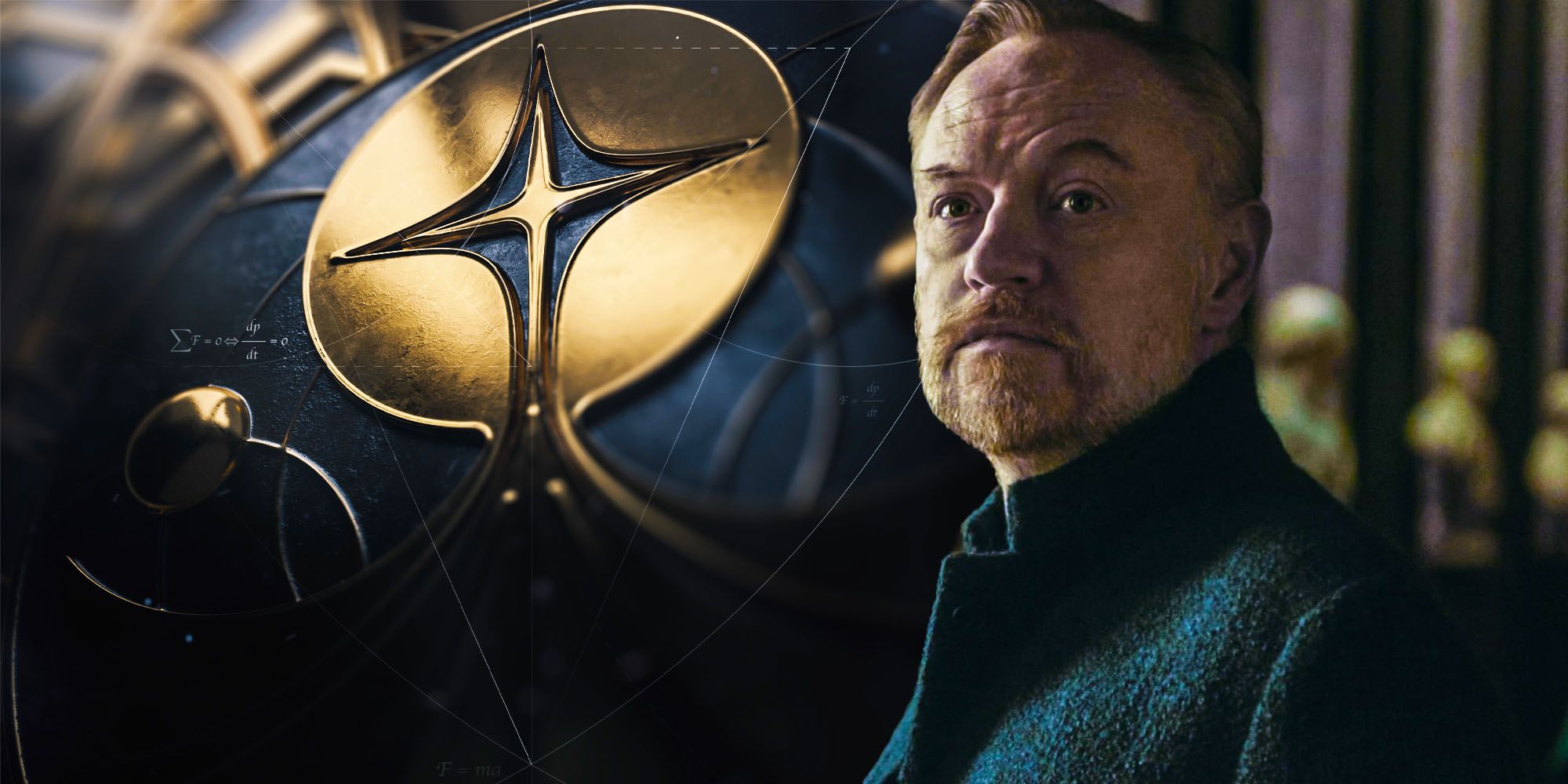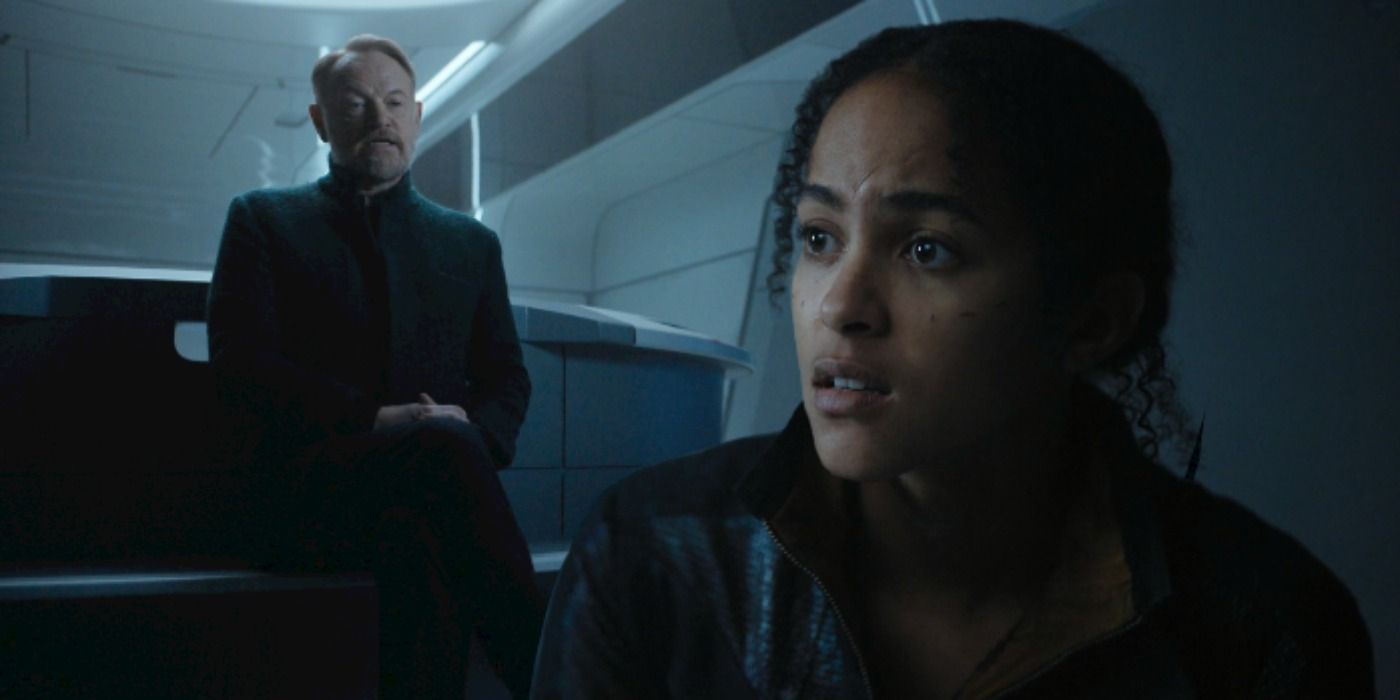
This article contains spoilers for Foundation episode 7.
Foundation is dependent on Hari Seldon's pseudoscience called "psychohistory" - but it's increasingly making less sense as the series goes on. Based on the books and short stories by Isaac Asimov, Foundation tells the story of the collapse of a Galactic Empire - and the potential beginning of the Dark Ages that could last 30,000 years or more. It's inspired by the collapse of the Roman Empire in the Mediterranean, albeit on an even grander scale - and with the addition of a mathematician named Hari Seldon.
Seldon has successfully created a mathematical science he calls "psychohistory," defined by Asimov in his books as "that branch of mathematics which deals with the reactions of human conglomerates to fixed social and economic stimuli." After testing his formulas, Seldon used them and the science of psychohistory to predict the future and was shaken to learn the horrors in store for the galaxy. "The Empire will vanish and all its good with it," Seldon revealed. "Its accumulated knowledge will decay and the order it has imposed will vanish. Interstellar wars will be endless; interstellar trade will decay; population will decline; worlds will lose touch with the main body of the Galaxy - and so matters will remain."
Unfortunately, as the Foundation TV series continues, its psychohistory is making ever less sense. While psychohistory is supposedly perfect for predicting great societal movements, it's useless when predicting the actions of individuals. For all that's the case, though, Hari Seldon seems to place a great deal of trust in having the right individual at the right place; he clearly intended Gaal Dornick to be leading the Foundation, believing she was essential to navigating the first Seldon Crisis, as seen in Foundation episode 6. Such dependence on individuals is frankly foolish because Seldon had no way of predicting fluke events that could happen over the decades before the first Seldon Crisis; for all he knows, Gaal could have died in an accident.

Making matters worse, it's now clear the first Seldon Crisis has been precipitated by a random event. The Invictus - an ancient Imperial warship that was lost in a Jump-drive malfunction 700 years ago - has been jumping through space at random, and it happens to appear near Anacreon space, allowing the Anacreon leader Phara (played by Kubbra Sait) to hatch a plan for revenge against the Empire. This is a confluence of chance events, and it would be impossible for even psychohistory to predict it unless he knew the pattern of the Invictus' jumps through hyperspace.
In truth, the problems with psychohistory in David Goyer's Foundation illustrate the difficulty of adapting Isaac Asimov's books and short stories to the small screen; they are concept-driven, and Goyer has naturally had to make them rather more character- and plot-driven. Doing so has the unfortunate effect of slightly weakening the core ideas, but most viewers will simply choose to suspend disbelief in simply enjoying Foundation for what it is.
from ScreenRant - Feed https://ift.tt/3mxtQgK

0 Comments